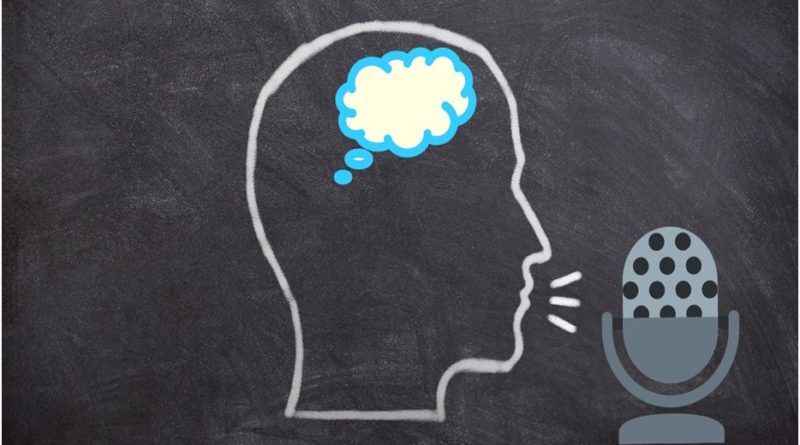Technology Embracing Regional Languages
India is a diverse land. It speaks of rich heritage and culture in every field, including languages.
With 23 official languages, Indians manage to learn the languages of other countries too. All the Indian languages exist independently of each other, showcasing their flavor of words. Hindi and English are the most widely known languages to exist. Hindi is the most spoken language, whereas English saves us when it comes to dealing with people from different states who don’t understand Hindi or with people from other countries.
Other than that, English saves us in the domain of technology. We communicate more with technological devices now. The usage of technological devices has increased to an extreme extent in the last few decades. A lot of Indians still struggle with the English language, and there is nothing to be ashamed about it. These people struggle around technology. They may be able to understand written English to an extent, but quite a lot of them struggle when it comes to spoken English. It’s harder to speak or even comprehend what’s being spoken in English. The struggle is real.
With the advancement in technology, developments are being done to reduce language barriers. It happens many times that people have an opinion to make, a question to ask, knowledge to share with the world and language comes in their way. It stops them from opening up with the fear of not being able to express it right, or not being able to understand the answers they need.
Many applications tried to overcome this barrier, and allow a user to share information, ask questions, and interact with people in many languages of India. However, it is not so in the case of voice search. There are times when an individual might feel like asking questions, or even give his opinions in his language but sadly; the voice search is limited there.
Well, we are growing to become self-reliant, after our honorable Prime Minister Mr. Narendra Modi started the ATMANIRBHAR BHARAT ABHIYAN (Self-reliant India campaign) on 12 May 2020
Keeping in mind the Atmanirbhar campaign, India came up with a lot of new productions. The technology was not left behind either. Several Indian applications emerged, and as always we are proud of this change.
During this time, an audio-based application called The Bolkar app came into existence for Indians.
Bolkar app as the name suggests, allows individuals to voice their queries, opinions, and wisdom with others in their mother tongue. It adopts voice search technology and adds an Indian flavor to it. After all, it is made in India, for Indians.
Bolkar aims at making Indians better speakers and learned individuals. Considering this, the bolkar app is an audio-based knowledge-sharing platform. An individual learns far better and faster in their language. Isn’t it? What we listen to goes even deeper into our memory than the written text.
We just don’t need knowledge, right? A dose of entertainment is necessary too. Well, this aspect is also covered by the app. One can listen to online FM, recent events, and much more.
In our life, we encounter various confusing stages, be it regarding our relationships, studies, career choices, or anything else. The speakers in the bolkar app are there to talk us through.
There, one can ask questions in their voice and hear one of the opinions in a language they understand. Who knows, one of those opinions might change our life for the better?
Communication is a skill. Want to sharpen up your speaking skills?
Bolkar app is the place to go. As it gives you complete freedom to speak your heart out on any subject. The categories include literature, health, relationships, politics, technology, science, music, movies, sports, food, finances, academics, religion, spirituality, and much more.
Out of these numerous categories, one can express their knowledge in any of the categories, and become a better speaker. Owing to the freedom, knowledge, and various benefits aimed towards making Indians better, this app was chosen as the Best app for personal growth in the users’ choice awards, 2020 by Google Play.
Bolkar app was also featured in the #ATMANIRBHAR SERIES of a popular newspaper, Navbharat Times. This was solely due to dedicated efforts towards making India self-reliant.
Currently, the app allows users to interact in Hindi and Bengali. It is soon being worked towards other regional languages of India too. Audio-based assistance in someone’s language does the whole work of a guide.
In India, there are thousands of individuals who want to explore more of the world, but the language becomes a barrier for them. This app has been able to bridge quite a lot of gaps between technology and regional languages.
It was believed that our regional languages and technology can never shake hands. However, far-sighted, growth-minded individuals have worked towards allowing technology to enter the vernacular space.
Language plays a very important role in how we learn and understand. Other than that, the way we perceive things is also ruled by our language.
There is no doubt in it that technology has opened up the floodgates of knowledge and information, and made it easily accessible, but it is yet to reach masses that have not come to terms with the English language.
It is not unnoticed that the world is dominated by technology, and technology is dominated by the English language.
There should be a way out for the integration of regional languages and technology.
Just like Bolkar apps, more apps and websites should take the initiative of making advancements towards the languages of India. There should be a key that opens the door to these technological boons that are made to help us in our lives.
When the language barrier is reduced, it is bound to accelerate growth. It will help those who are born with wings but don’t get the right guidance that teaches them to fly.
There is nothing in life that can’t be achieved. We have been hearing for ages that nothing is impossible. If that is true, the day shouldn’t be far when technology will embrace regional languages.
Written By
~Simmi Bhatnagar



